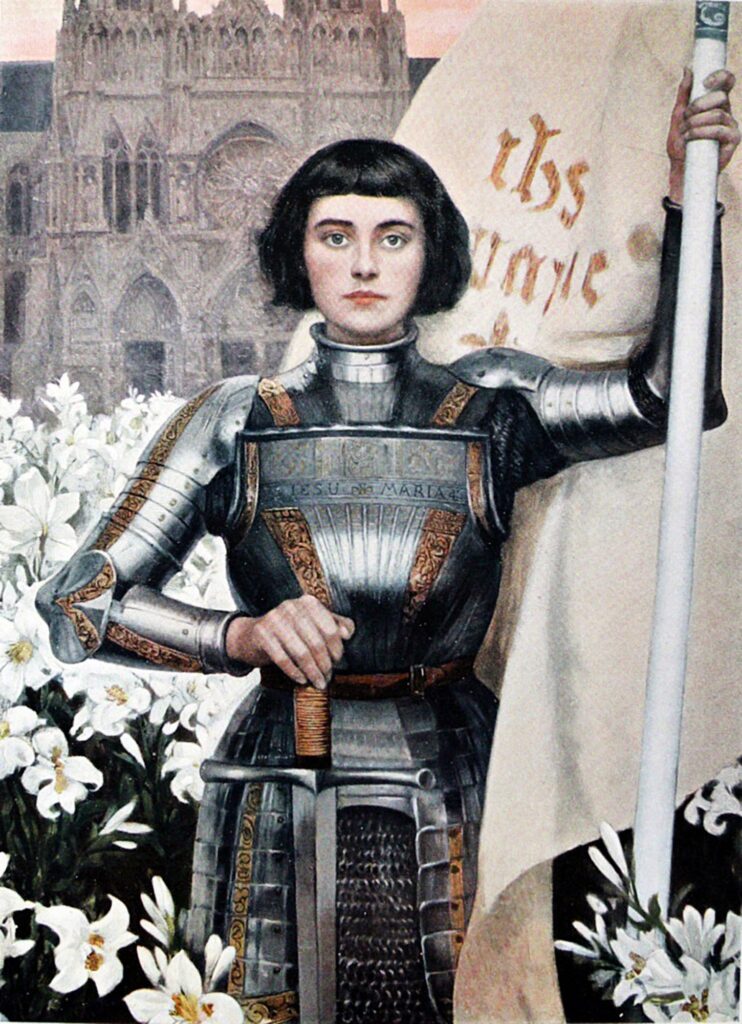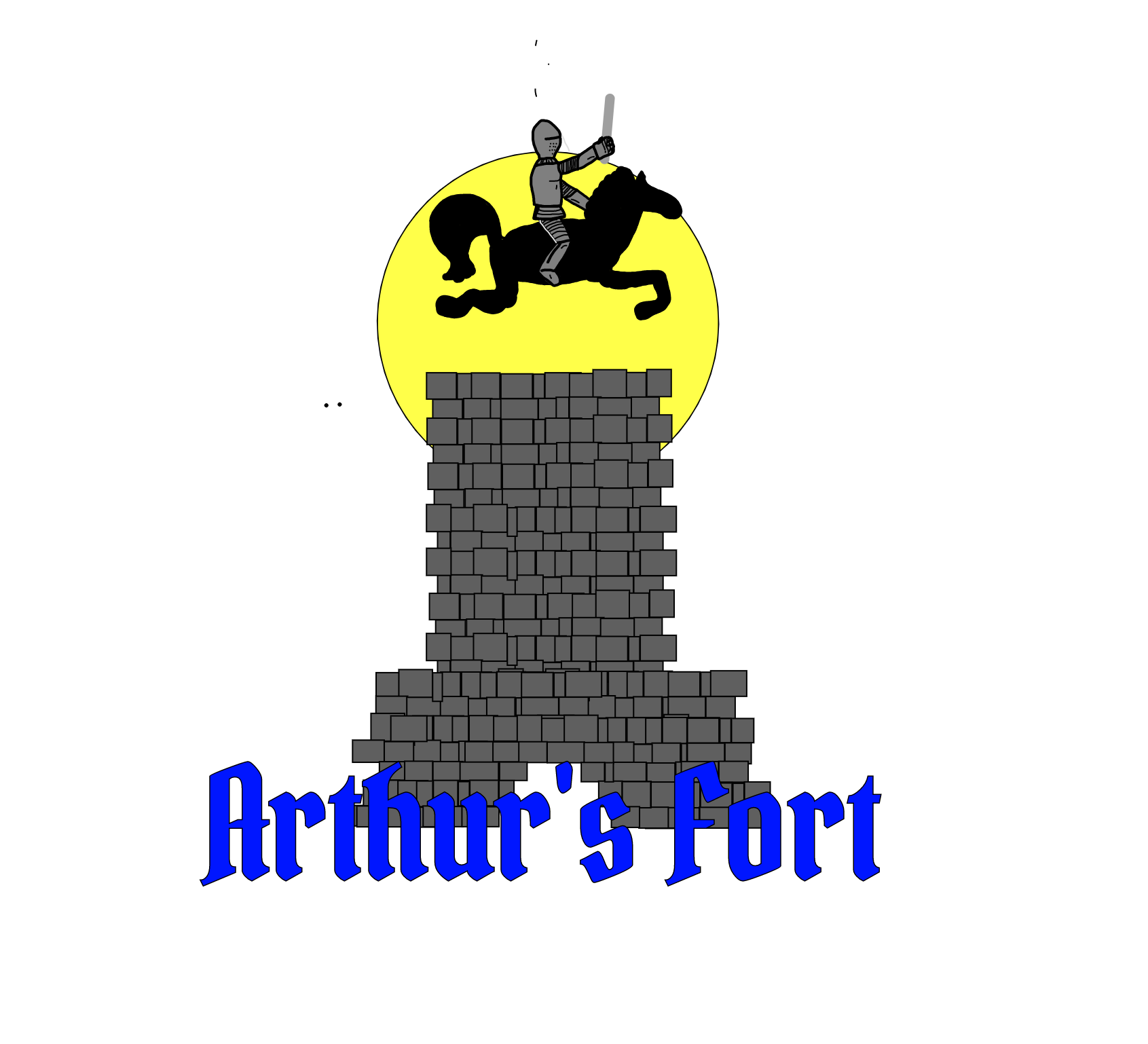
Jeanne d’Arc (Joan of Arc in English) was a French peasant girl who to everyone’s surprise rose France against the English during the Hundred Years’ War and saved her country. Her acts of valor and bravery, as well as the subsequent execution by the English, brought to France the patriotism and ruthlessness they needed to save their nation from English rule.
She was born around 1412 in Domrémy, a town in North-Eastern France. Her father was a village official, but she and her family were overall peasants. At the time, Domrémy lay in the Duchy of Bar, a vassal of the French Kingdom from the Medieval Era to the Enlightenment.
The Hundred Years’ War, which had raged on and off for more than 80 years by then, began to take a toll on her home village starting around 1419, when Jeanne was only seven. In 1425, their cattle were stolen by Brigand Henry d’Orly. Three years after that, a Burgundian Army set fire to the town and devastated their crops.
In 1425, when Jeanne was only 13, she began to have visions. She claimed to have seen Saint Michael surrounded by angels at her father’s garden. When they disappeared, she cried since she wanted them to take her with them. She continued to have visions of Saint Michael, as well as of Saint Catherine and Saint Margaret.
The English began to lay siege at Orléans in October of 1428. There, Charles VII, heir to the throne of France, hid terrified of the English army. In the meantime, Jeanne d’Arc, carried by her visions, decided to go to Orléans to fight for France’s survival. She had help from her relatives, and she exchanged her dress for a military uniform. She met Charles VII in March of 1429. By then, the siege had been going on for five months, and the French were desperate for aid since Orléans was the main stronghold for the French monarchy.
She came to lift the siege, and after being examined at Poitiers to be faithful to Catholicism, and after speaking of her visions to Charles VII, he became convinced of her visions to be true. He made her leader of the French army and of the resistance. She served as a figurehead. She did not fight and kill English soldiers, but her presence and patriotism served as morale for the French troops.
They marched onto Orléans on April 29, 1429. There they met commander Jean de Dunois, or the “Bastard of Orléans”, who acted on behalf of his half-brother Charles of Orléans (not Charles VII though). He then led the army to relieve the siege, Jeanne acting as the symbol of the resistance.
On May 8, the siege at Orléans was lifted, with a decisive French victory. Jeanne d’Arc had fuelled the French patriotism and perseverance in the face of chaos. She was given the name, “The Maid of Orléans”. Charles VII’s coronation took place at Reims two months later. The French army marched northward to Loire, then to Reims, then to Paris. Jeanne d’Arc did not have military skill, and her confidence had lead her to Paris against military advice.
Unlike the previous victories, the French did not regain Paris. Her demise began in May of 1430, when she tried to relieve the town of Compiégne, on the border between the kingdom of France and Burgundy. One day, when she was wounded, she was making her way back to her camp when she was caught by English soldiers and thrown into prison. Her white armor distinguished her from anyone else, and she was an easy target.
She was accused of heresy and witchcraft on January 9, 1431, after over seven months in captivity. On May 30, 1431, she was burned at the stake at Rouen. She was 19 years old.
The short but unique life of Jeanne d’Arc is tragic, but her influence on all of France cannot be underestimated. She gave France just the morale it needed during its time of troubles. Especially after she was burned at the stake, the French became even more nationalistic and ruthless against the English. This was especially true after the idiot King Henry VI of England was crowned the ruler of France at Rheims on December 16 that year.
Twenty years after her death, Jeanne d’Arc’s beloved nation was free from English rule. France would go on to become among the most powerful and influential nations in the world.
